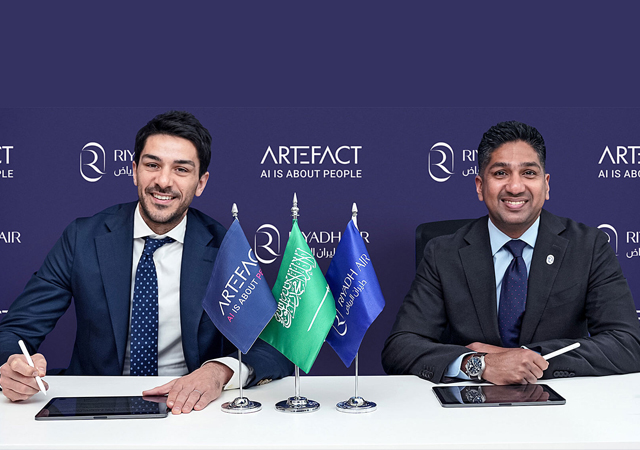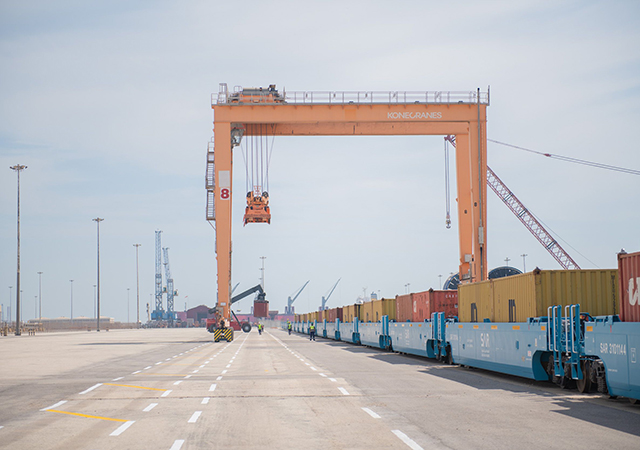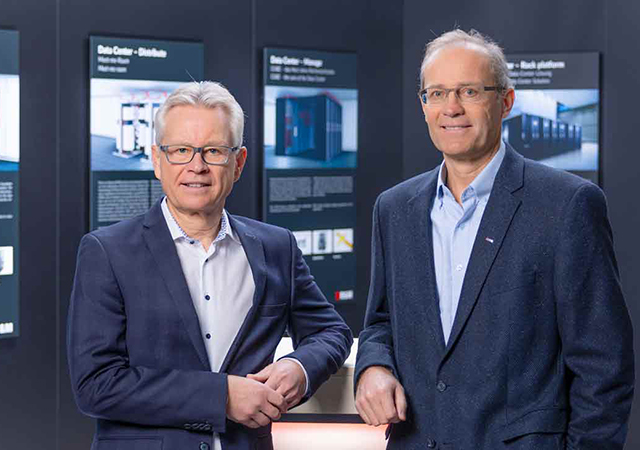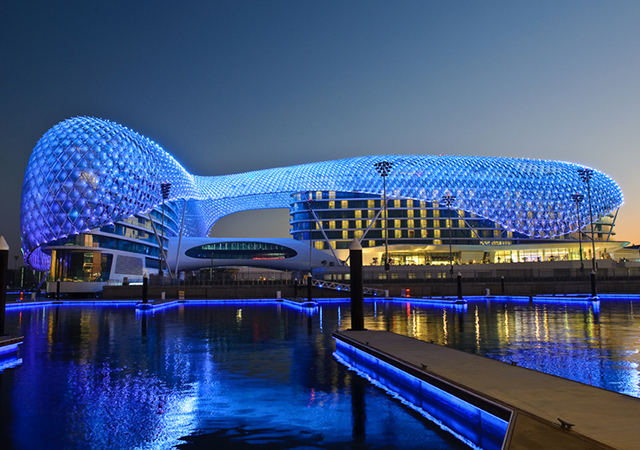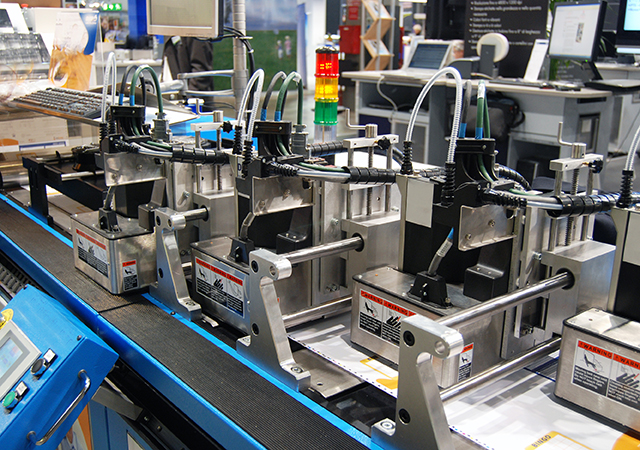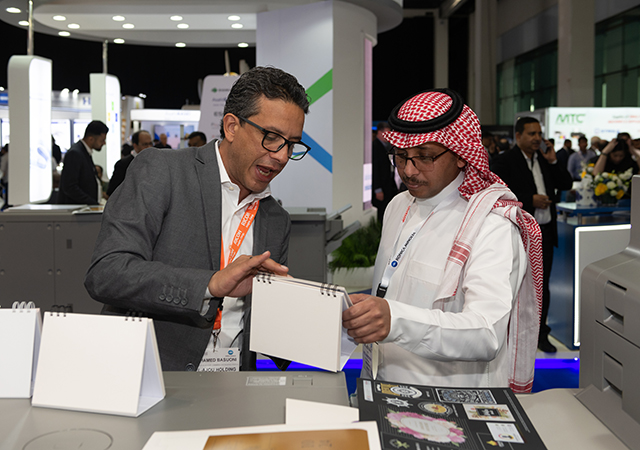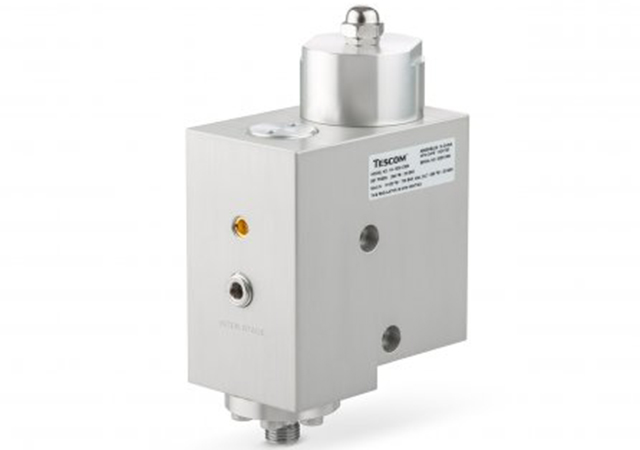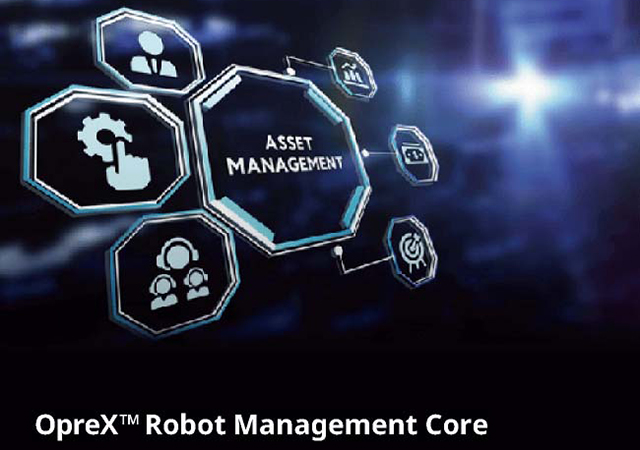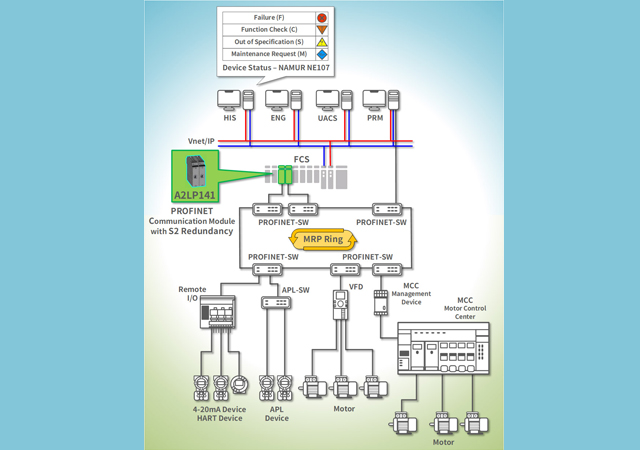
 A plant of Emirates Steel, a symbol of progress in Abu Dhabi
A plant of Emirates Steel, a symbol of progress in Abu Dhabi
Like its peers in the region, Abu Dhabi, the capital of the United Arab Emirates, has been ramping up plans in the recent times to diversify its economy away from oil and stimulate investment.
The emirates’ diversification drive is already starting to reflect positively in the economic data which showed a growth in oil and non-oil sectors during the first quarter (Q1) of 2018, as compared with the same period last year.
Abu Dhabi’s gross domestic product (GDP) rose 9 per cent to Dh 223.6 billion ($60.87 billion) in the Q1 of 2018, compared to Dh 205.1 billion ($55.84) recorded in Q1 2017, according to statistics from the Statistic Centre-Abu Dhabi (SCAD).
The emirate’s oil GDP rose 18 per cent to Dh 86.6 billion ($23.58 billion) in Q1, up 18 per cent from Dh 73.4 billion in Q1-17, accounting for 38.8 per cent of the emirate’s total GDP. Oil constituted a total of 38.8 per cent of the emirate’s GDP over the quarter.
Abu Dhabi’s non-oil GDP increased by 4 per cent at the end of March to reach Dh 136.9 billion ($37.27 billion), compared to Dh 131.7 billion ($35.85 billion) in Q1 2017. Non-oil GDP was found to constitute 61.2 per cent of Abu Dhabi’s GDP, compared to 64.2 per cent in the same time period last year.
Of the various sectors that make up Abu Dhabi’s economy, the value-add of non-financial corporations in Q1 2018 was found to have grown at 9.6 per cent, compared to a 9 per cent increase in the value add of the general government sector, a 3.6 per cent increase in financial corporations and a 1.9 per cent increase in the household sector.
SCAD chairman Rashid Lahej Al Mansori noted that the data shows that Abu Dhabi has created a favourable environment for business and economic activities in Abu Dhabi, as well as a sound legal and regulatory environment and growth strategy focused on emerging sectors.
 |
Ducab’s cable plant in Abu Dhabi |
“All these factors have empowered the private sector to take an active part in building the economy through attracting investment in existing as well as new areas, thereby gaining comparative advantages and higher competitiveness in international markets, and contributing effectively to the creation of a broad and diversified economic base,” he said.
Meanwhile, in another significant positive sign of a growing non-oil economy, Abu Dhabi attracted Dh6.2 billion investments in its industrial sector last year with 37 new industrial units reaching production stage, the Department of Economic Development – Abu Dhabi said.
According to the data released, the total number of new industrial licences that went into production rose 85 per cent last year from 2016, with 29 factories situated in Abu Dhabi, six in Al Ain and two in Al Dhafra region. The number of new industrial licences nearly quadrupled last year to 86 from 22 in 2016.
The total number of licences in the emirate reached 1,657 by the end of 2017, with 1,157 of them issued in the capital. The majority of licences focus on the metal industries (428), followed by building materials (393), fibreglass, plastic and sponge (210), wood, cardboard and paper industries (176) and chemical industries (160).
The number of industrial licences under the process status that were converted to production stage, rose 85 per cent to 37 in 2017, compared to about 20 licences in 2016.
The total number of industrial licensing transactions achieved in 2017 reached 28,404, an 8.3 per cent increase from 2016, according to government data.
The government, instead of making direct investments into the industrial sector, intends to shift its policy to supporting investors in order to boost the sector’s contribution to the emirate’s economy, said Khalifa Al Mansouri, undersecretary of the department in a report.
“This will require a major change in the growth of the industrial sector, through the shift from government investment in the industrial sectors, to investment in policies and initiatives that will improve the competitiveness, and maximise the attractiveness of the emirate of Abu Dhabi for investors willing to get involved in industrial activities in the emirate,” said Al Mansouri.
Abu Dhabi, which holds about 6 per cent of the world’s proven oil reserves, is undertaking measures to diversify its income and cut its reliance on sale of hydrocarbons for revenues by supporting initiatives to boost the non-oil sector’s contribution to GDP.
It has developed several projects including Khalifa Industrial Zone of Abu Dhabi (Kizad) to house companies and factories to help achieve its targets of industrial sector growth.
Over the coming years, the Industrial Development Bureau at the Abu Dhabi’s economic department, would focus on providing an investment environment and supporting the industrial sector to meet the needs of investors, such as the industrial funding, intellectual property protection, foreign ownership laws and others, Al Mansouri noted.
STIMULUS PACKAGE
The oil-rich emirate and by far the wealthiest of the seven-state federation in June unveiled a $13.6 billion stimulus package to boost an economy which slowed down due to low crude prices.
The three-year stimulus package launched by Sheikh Mohamed bin Zayed Al Nahyan, Crown Prince of Abu Dhabi and Deputy Supreme Commander of the UAE Armed Forces was announced following a slowdown in the UAE’s economic growth, which dipped to 0.5 per cent last year, well below the 4.8 per cent annual average between 2000 and 2014, according to the International Monetary Fund.
“Aimed at fostering growth in new industries, boost tourism, and facilitate business, while aiming to create 10,000 jobs, the package bodes well for business confidence, which shot up to the highest level ever recorded in the May PMI,” FocusEconomics said in its latest report FocusEconomics Consensus Forecast Middle East & North Africa.
The package comprised a set of initiatives, covering infrastructure and legislative projects, as well as SMEs, and industrial and social projects. He also launched a number of initiatives aimed at promoting the ease of doing business in Abu Dhabi, reducing associated costs, and implementing the necessary procedures to facilitate commercial and investment activities in all fields. These included: a relaxation of licensing rules governing offices and work spaces; the establishment of Ghadan, an Abu Dhabi Accelerators and Advanced Industries Council to attract value-added investments and technologies for future and increased employment opportunities for young people in both the private and public sector over a sustained period.
In continuation of the initiatives to improve the ease of doing business in the Emirate and support entrepreneurs, SMEs and the private sector, Abu Dhabi last month gave a further boost to industry as it expanded company licence package to GCC nationals and UAE residents boost growth.
Under a new ‘Golden Package’, the Abu Dhabi Department of Economic Development (ADDED) expanded its Tajer Abu Dhabi license package by opening it up to all GCC nationals and UAE residents and increasing the number of eligible activities to 1,057 commercial activities, all exempted from having a physical presence or an office.
Tajer Abu Dhabi was originally launched by ADDED late last year allowing Emiratis to establish businesses in 100 different business activities without the need of physical presence. The electronic service also sped up the licensing process with licenses granted in only two steps; entering data and paying fees after a review of the application.
Saif Al Hajeri, chairman of The Department of Economic Development - Abu Dhabi, said: “Our goal is to improve the ease of doing business in Abu Dhabi, especially for entrepreneurs and SMEs, which are a key engine of the national economy and have been identified as one of the most important strategic drivers of future growth.
“Tajer Abu Dhabi allows them to start their businesses at a much lower cost since they no longer have to invest in office space and all the associated costs. This will allow them to focus both time and money at the important early stages of their business into growth and innovation, further increasing their contribution to the economy.”
ADDED’s Abu Dhabi Business Centre has prepared the Golden Package of Tajer Abu Dhabi to include commercial activities under seven categories, namely: business and contracting; commerce; services and operations; consultancy and design; transportation and management; sales and maintenance; and productive local families. The package also helps businesses on social media grow and develop as the license allows them to transact as an entity and therefore export and import, open bank accounts and work with government entities.
Al Hajeri added: “We have expanded the beneficiaries of Tajer Abu Dhabi as a result of the high demand it has witnessed from Emiratis in its first phase. During that phase, we successfully issued 1800 licenses within six months, which represents around 20 per cent of total economic licenses issued in the Emirate during the same period.”


